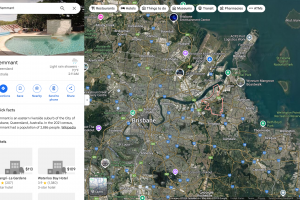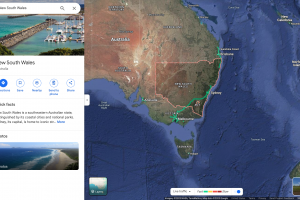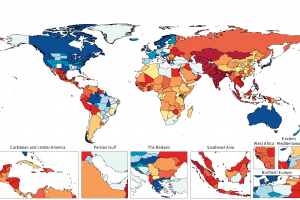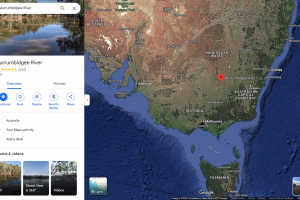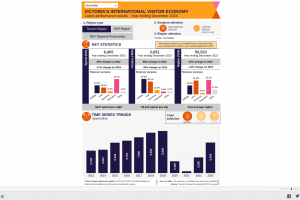Japanese Encephalitis Vaccines
Japanese Encephalitis Vaccines 2025
Japanese encephalitis virus (JEV) protective vaccines have been found safe and effective. They are approved for use in the United States as of March 14, 2025, according to the U.S. Centers for Disease Control and Prevention (CDC). The CDC's Advisory Committee on Immunization Practices (ACIP) recommends the JE vaccine for people visiting a JE-endemic country. The CDC says to consider the JE vaccine (IXIARO) for shorter-term (<1 month) travelers based on planned travel duration, season, location, activities, and accommodation. In addition, vaccination should be considered for travelers going to JE-endemic areas who are uncertain of specific destinations, activities, or travel duration.
As of 2025, the World Health Organization (WHO) data represent Japanese Encephalitis vaccination coverage reported by countries through the WHO/UNICEF.
Japanese Encephalitis Vaccines Authorized
A JE vaccine was first licensed in the United States at the end of 1999. There are three types of JEV vaccines: inactivated Vero cell-derived, live attenuated, and live recombinant (chimeric) vaccine. In June 2009, the CDC's ACIP approved recommendations for using JE-VC in adults and adult booster dose recommendations. In May 2013, the U.S. FDA approved JE-VC for children aged two months through 16 years. In April 2018, FDA approval for a booster dose was expanded to include the pediatric age group.
Valneva SE IXIARO is an inactivated, adsorbed vaccine derived from Vero cell culture. It is available at travel clinics and pharmacies in the U.S. and is recommended by the CDC.
JENVAC is an inactivated vero cell-derived vaccine prepared from an Indian Kolar strain of the Japanese encephalitis virus. Other JE vaccines are manufactured and used in different countries but are not licensed in the U.S.
IMOJEV® (JE-CV, ChimeriVax™-JE) is a recombinant chimeric virus vaccine developed using the Yellow fever virus (YFV) vaccine vector YFV17. It replaces the cDNA encoding the envelope proteins of YFV with that of an attenuated JEV strain SA14-14-. Waning immunity in a small proportion of individuals suggests that booster doses may benefit high-risk travelers vaccinated over five years ago.
Japanese Encephalitis Vaccine Candidates
A study suggests that CD.JEVAX® can be a viable option for booster vaccination in JE prevention programs. (TCTR ID: TCTR20221102003).
SK bioscience announced in February 2025 the commencement of global Phase 1/2 clinical trials for its mRNA-based Japanese encephalitis vaccine candidate, GBP56. This project is based on a CEPI agreement with CEPI, which committed $40 million in initial funding. An additional $100 million in funding could be available later to support late-stage trials/licensure.
Japanese Encephalitis Outbreaks
Japanese Encephalitis outbreaks continue in March 2025.

